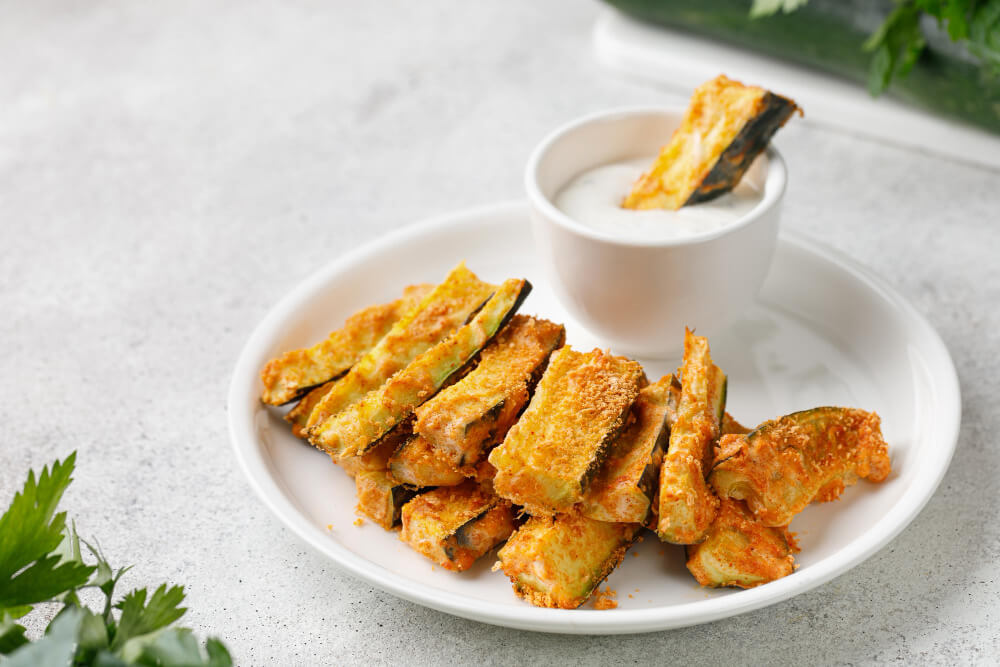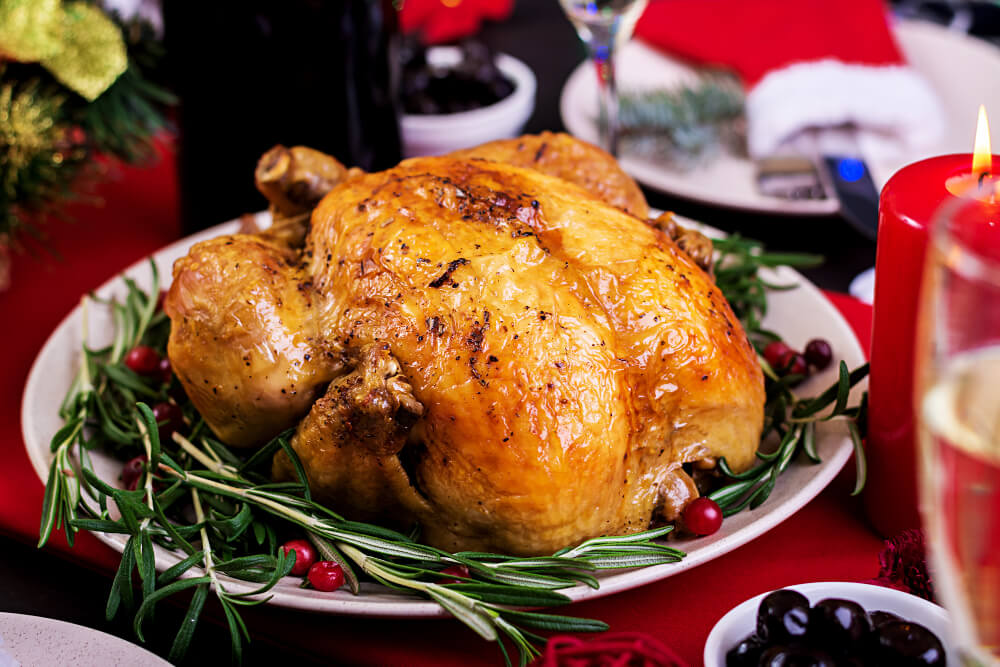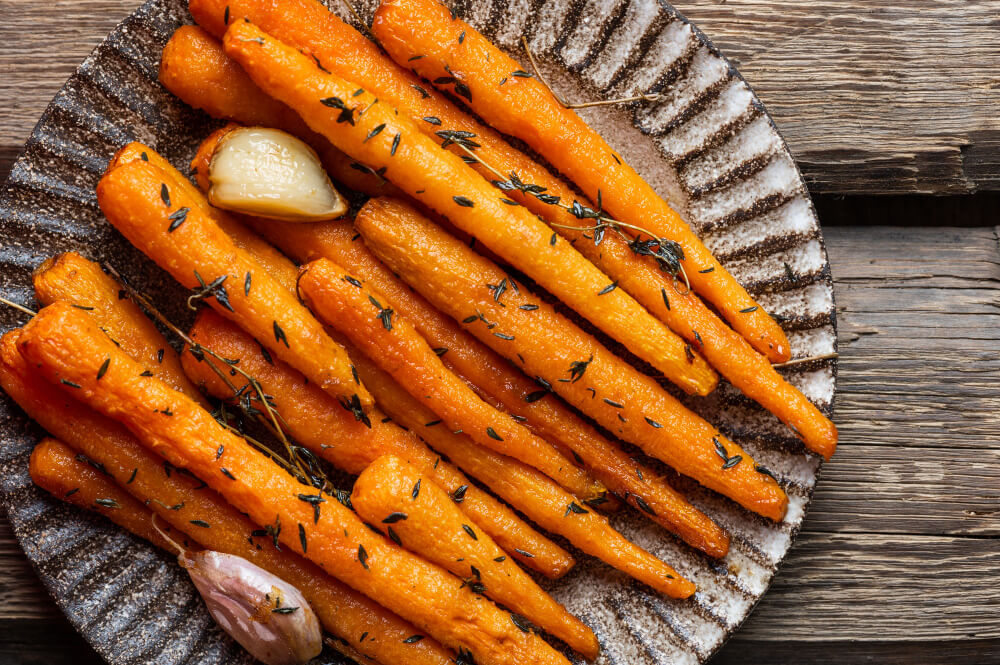
So, you've got yourself a cast iron skillet, and you're ready to whip up some culinary magic. But first, let's talk about seasoning that bad boy. You may be wondering, what's the best oil to season cast iron? Enter olive oil! It might surprise you, but olive oil is good for seasoning your cast iron cookware, and we're about to tell you why.
You might be thinking, "Hold up, doesn't olive oil have a low smoke point?" It's true that olive oil has a relatively low smoke point of 325 to 375°F, but don't let that deter you. When used for seasoning, the characteristics of the oil change, making it an excellent choice for creating that essential protective layer on your skillet.
Seasoning a cast iron skillet with olive oil not only prevents rust but also helps develop a non-stick surface, ensuring your culinary creations come out perfectly every time. Now that we've piqued your interest, you must be eager to learn more, right?
In this article, we'll guide you through a step-by-step process of seasoning your cast iron skillet with olive oil. It's simple, effective, and will make a world of difference in your cooking adventures. Trust us, once you've read it, you'll never look at your cast iron the same way again!
What is Cast Iron Seasoning?
Before we go to the process of seasoning cast iron cookware, let's take a moment to understand what it is and why it's essential. If you've got a piece of cast iron in your kitchen, you'll know that seasoning is a crucial step in maintaining its functionality and longevity. But what exactly does it mean to season a cast iron skillet?
Seasoning cast iron cookware involves coating the surface of the pan with a thin layer of oil and then heating it to a high temperature. This process polymerizes the oil, creating a hard, smooth, and virtually non-stick surface. Essentially, when you season a cast iron skillet, you're giving the pan a protective layer that prevents rust, improves non-stick capabilities, and enhances overall performance.
If you're new to the world of cast iron, you might wonder why there's a need to season a cast-iron skillet in the first place. Well, cast iron is porous, which means that without proper seasoning, it can easily rust and food can stick to the surface. That's why a well-seasoned cast iron pan is key to keeping it clean and easy to use.
Now that you have a better understanding of the importance of seasoning your cast iron cookware, are you ready to learn how to do it yourself? Stay tuned as we walk you through the simple yet effective steps of seasoning your cast iron skillet with olive oil.
Step-by-Step Guide on Seasoning Cast Iron Pan Using Olive Oil
Ready to embark on the journey of seasoning your cast iron pan with olive oil? This step-by-step guide will take you through the seasoning process, helping you create a durable layer of seasoning that will transform your cast iron experience. Let's dive in!
Clean your cast iron skillet
Before starting the seasoning process, it's essential to have clean cast iron skillets. Wash the skillet with warm, soapy water, and scrub gently with a non-abrasive sponge or brush to remove any residue or rust. Once clean, dry the skillet thoroughly with a clean cloth or paper towel.
Preheat your oven
Set your oven to 400°F (200°C) and let it preheat while you prepare the skillet for seasoning.
Apply a coat of oil
Use extra virgin olive oil for seasoning your cast iron skillet. Pour a small amount of oil onto the skillet and use a clean cloth or paper towel to spread it evenly across the entire surface, both inside and outside the pan. Be sure to cover the handle as well. The coat of oil should be thin, as a thick layer will result in a sticky seasoning layer.
Place the skillet in the oven
Put your oiled skillet upside down on the middle rack of your preheated oven. Place a piece of aluminum foil or a baking sheet on the rack below to catch any oil drips. Bake the skillet for one hour to polymerize the oil and create a strong seasoning layer.
Let the skillet cool
After an hour, turn off the oven and let the skillet cool inside until it's safe to handle. This will allow the seasoning layer to harden and cool evenly.
Repeat as necessary
For the best results and a thicker, more durable layer of seasoning, you can repeat steps 3-5 two or three times. This will ensure a well-seasoned skillet that will serve you well for years to come.
Seasoning with olive oil is an excellent way to maintain and enhance the benefits of cast iron cookware. By following these steps, you'll not only protect your skillet from rust and wear but also improve its non-stick capabilities, making it easier to cook with your cast iron.
Now that you know how to use olive oil to season your cast iron pan, it's time to get cooking! Enjoy the many benefits of cast iron and the satisfaction of knowing you've taken the right steps to ensure the longevity and performance of your skillet
What Other Oils Can Be Used to Season Cast Iron Skillet and Other Cast Iron Cookware?

If you're asking yourself, "What other oils can I use to season my cast iron skillet and other cast iron cookware?" then you're in luck! There are several oils and fats you can use to season your pan, each with its own benefits and drawbacks. Let's explore some of the best alternatives to olive oil for seasoning cast iron cookware.
Canola Oil
Canola oil is a popular choice for seasoning cast iron because it has a high smoke point of around 400°F (204°C). This makes it ideal for creating a durable layer of seasoning without worrying about the oil breaking down or burning. Canola oil is also relatively inexpensive and readily available, making it a convenient option.
Vegetable Oil
Similar to canola oil, vegetable oil is an affordable and widely available option for seasoning cast iron. It's typically a blend of different oils, often including soybean oil or canola oil. This oil has a high smoke point of around 400°F (204°C) as well, so it's suitable for creating a long-lasting, baked-on oil layer on your cast iron cookware.
Flaxseed Oil
Flaxseed oil is often considered not the best oil for seasoning cast iron due to its low smoke point. It's an oil with a high smoke point of about 225°F, making it not ideal for seasoning. Also, flaxseed oil can be more expensive and harder to find than other oils, so it might not be the most practical choice to use.
Grapeseed Oil
Grapeseed oil also has a high smoke point, around 420°F (216°C), which makes it another good option for seasoning your cast iron cookware. It's a bit more expensive than canola oil or vegetable oil, but it forms a strong layer of seasoning that can withstand high heat.
Avocado Oil
If you're looking for a healthy option with a high smoke point, using avocado oil to season your cast iron is a great choice. With a smoke point of around 482°F, it's one of the highest among cooking oils. This oil also contains healthy fats and is less likely to oxidize or break down at high temperatures.
Coconut Oil
You can use coconut oil to season your cast iron cookware, but be aware that it has a lower smoke point than some other oils, around 350°F (177°C). This means that the oil can burn more easily, so you'll need to be cautious about how much oil you apply and how long you bake your skillet when using coconut oil. It's worth noting that coconut oil imparts a subtle coconut flavor, which some people enjoy.
Peanut Oil
Peanut oil is another oil with a high smoke point, around 440°F (227°C), making it suitable for seasoning cast iron. However, it's important to consider that peanut oil may not be the best choice if you or someone in your household has a peanut allergy.
Tips on How to Take Care of Your Seasoned Cast Iron Cookware

So, you've seasoned your cast iron cookware, and it's looking fantastic! But the journey doesn't end there. Taking care of your seasoned cast iron cookware is essential to ensure it lasts for years to come and continues to perform at its best. Here are some tips to help you maintain your treasured cast iron pieces and keep them in tip-top shape.
Clean it gently
Cast iron is tough, but it also needs a little tender loving care. After cooking, allow your skillet or pan to cool down slightly, then wash it with warm water and a soft sponge. Avoid using harsh detergents, as they can strip away the seasoning. If you come across stubborn, stuck-on food, try using a paste made from coarse salt and water to gently scrub it away without damaging the seasoning.
Dry it immediately
Moisture is the enemy of cast iron, as it can lead to rust. After washing your cookware, dry it thoroughly with a clean cloth or paper towel. To be extra cautious, you can place the skillet on a low heat burner for a few minutes to evaporate any remaining moisture.
Re-oil as needed
Even well-seasoned cast iron cookware can occasionally use a little touch-up. If you notice the surface looking a bit dull or if food starts to stick, it's time for a quick re-seasoning. Simply apply a thin layer of your preferred oil (remember our discussion on the best oils?) and heat the pan on low heat for a few minutes. This will help maintain the non-stick surface and keep your cookware in great condition.
Store it properly
Proper storage is crucial for maintaining the integrity of your seasoned cast iron cookware. Make sure the cookware is completely dry before putting it away. If you're stacking multiple cast iron pieces, consider placing a paper towel or a soft cloth between them to prevent scratching and chipping of the seasoning layer.
Avoid drastic temperature changes
Cast iron can withstand high heat, but it's not a fan of rapid temperature changes. To prevent cracking or warping, avoid putting your hot skillet or pan directly into cold water or placing a cold pan onto a blazing hot burner. Let the cookware cool down or heat up gradually to keep it in great shape.
Embrace the learning curve
Cast iron cookware is unique, and it may take some time to get used to cooking with it. Don't be discouraged if your first few attempts don't turn out as you'd hoped. Keep practicing, and soon you'll be a cast iron cooking pro! Remember, every time you cook with your cast iron, you're helping to maintain and improve its seasoning.
Regular use is key
One of the best ways to take care of your seasoned cast iron cookware is to use it regularly! The more you cook with it, the better the seasoning becomes, and the more non-stick and easy-to-use your cookware will be.
Conclusion
In conclusion, the type of oil or fat you choose for seasoning your cast iron cookware plays a significant role in its performance and longevity. Whether you opt for frying with olive oil, applying a layer of vegetable oil, or using a different oil to season your cast iron, the key is to find the one that works best for you and your cooking needs.
Each oil for cast iron seasoning has its unique properties and benefits, and experimenting with different options can help you achieve the perfect non-stick surface.
So, if you want to season your cast iron skillet or other cookware effectively, take the time to understand and select the right oil, and you'll be rewarded with a versatile and long-lasting kitchen companion.
Related Articles
Related Products You Might Like
Taking proper care of your cast iron cookware is essential, and so is having the right tools for prepping ingredients. One must-have kitchen accessory is a wooden cutting board.
These boards are not only gentle on your knives but also offer a perfect surface for chopping and dicing ingredients for your culinary creations in your seasoned cast iron skillet. To complement your cast iron cookware, we at Mevell offer high-quality wooden cutting boards that are both functional and stylish.
Elevate your kitchen experience with Mevell's expertly crafted wooden cutting boards designed to last.



